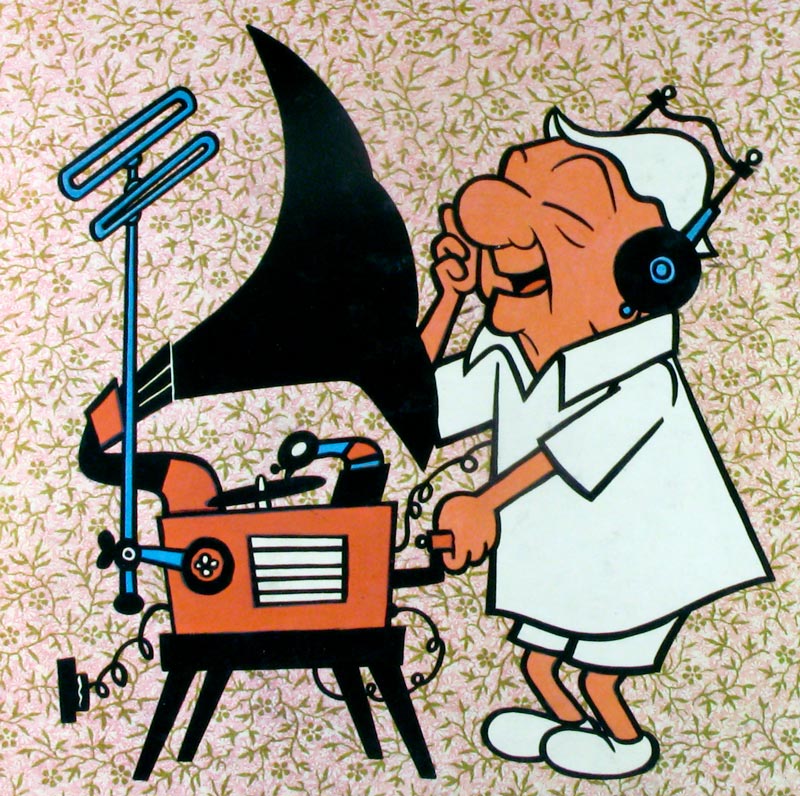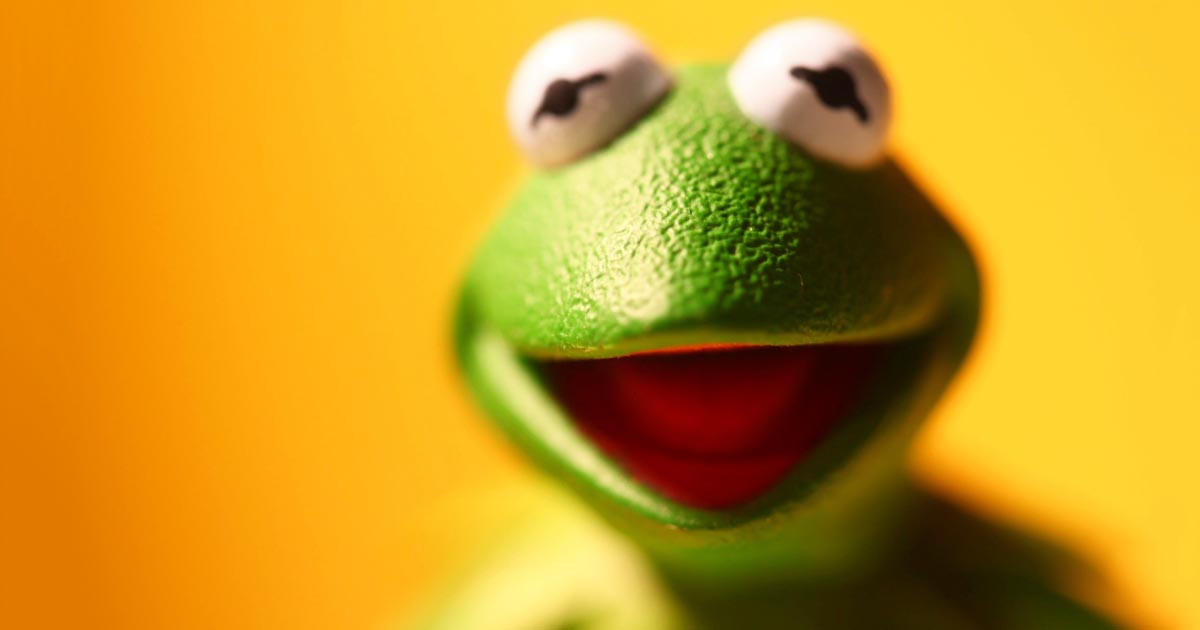I found my final year university yearbook the other day. In it, I couldn’t help but notice I had been voted the person most likely to write their practice car off in the first year of practice.
Now, while this wasn’t entirely fair (I didn’t write off a practice vehicle until my fourth year as a GP), there was an element of truth to it; something that had been slightly weighing on my mind as I progressed through the years, ever closer to qualifying, which was this: I was something of a cack-handed numpty.
Although I tried to ignore the painful truth, there were a growing number of incidents (such as accidentally sitting on the “fire” button during my imaging rotation and repeatedly zapping four clinicians with the fluoroscopy beam as they set up for their procedure, or driving my parent’s car into a lake) that appeared to confirm my deep-down worries.
Somewhat lacking
Although, thanks to a misspent youth, I had perfected pressing the middle two fingers into the palms of my hands (and thus would be able to fire my web-shooters like Spider-Man did if I ever developed the technology), in many other respects I was somewhat lacking in physical dexterity. It was dawning on me the profession I would soon be entering had many challenges – and those challenges, rather like on The Crystal Maze, would be mental, emotional and, most worryingly, physical.
How could such a clumsy oaf as myself cope with injecting? Or blood sampling? Or surgery? I had tried a little of each and performed about as well as everyone does at first – awkwardly.

As a vet student, there’s a very limited amount of experience you can get with these aspects of the job. Would I get any better over time? Could I even get any better?
Try, try again…
I remember sitting for hours on the floor in front of the chair in my room, constantly tying and retying a shoelace around it, in an effort to train my muscles in one of the many techniques of cat castration. I remember fiddling with kitchen roll holders with a bit of plastic tubing taped to them, covered with cloth, and hoping that was a bit like what finding a vein would be. Most of all, I remember worrying I wouldn’t be physically up to the job.
The strange thing was, despite all the worry, despite the sunken cars and the unintentional irradiations, it was okay. It all worked out.
Miraculously, the chair leg practice worked, and I found I could apply it to cat castrates pretty quickly. I turned out not to be bad at hitting veins, and I had a few brief and golden years where I was the go-to guy for difficult blood samples (before my wife came to work at the same practice and put me to shame). My bitch spay wounds didn’t, as I had expected, look like someone had run over my patient with a lawnmower. They looked, in fact, like neat surgical wounds.
Nothing to worry about
It didn’t happen immediately, and it didn’t happen overnight, but all that worry was unfounded – you’re doing these things so often in practice that even someone like me couldn’t really fail to get competent at them, and (importantly) to learn when it was time to give up trying, and go for a different approach.
All that time I spent, quietly worrying – increasingly anxious as my graduation date loomed and my reputation for muppetry growing – was for nothing. Everything, surprisingly, turned out to be okay. I took to it, if not quite like a duck to water, then at least like a human to water – some wobbly moments, but I stayed afloat and actually started to enjoy myself.
To my surprise, I could cope with the physical challenges that practice threw at me.
As for the mental and the emotional ones… well, that’s another story.

Leave a Reply